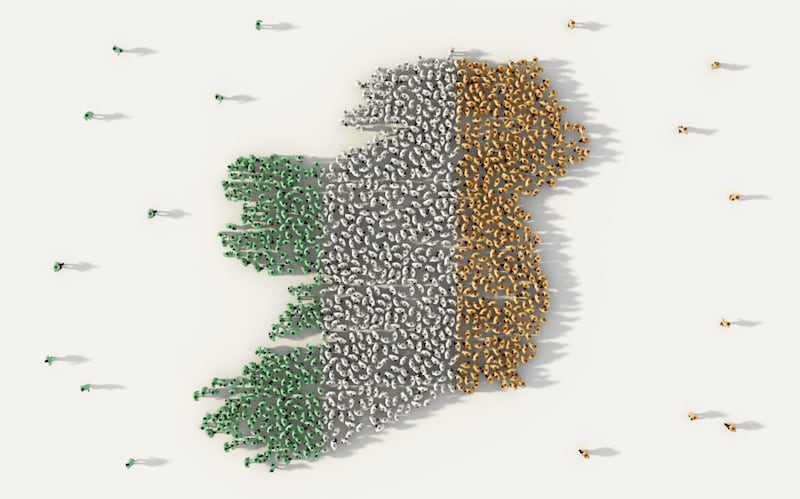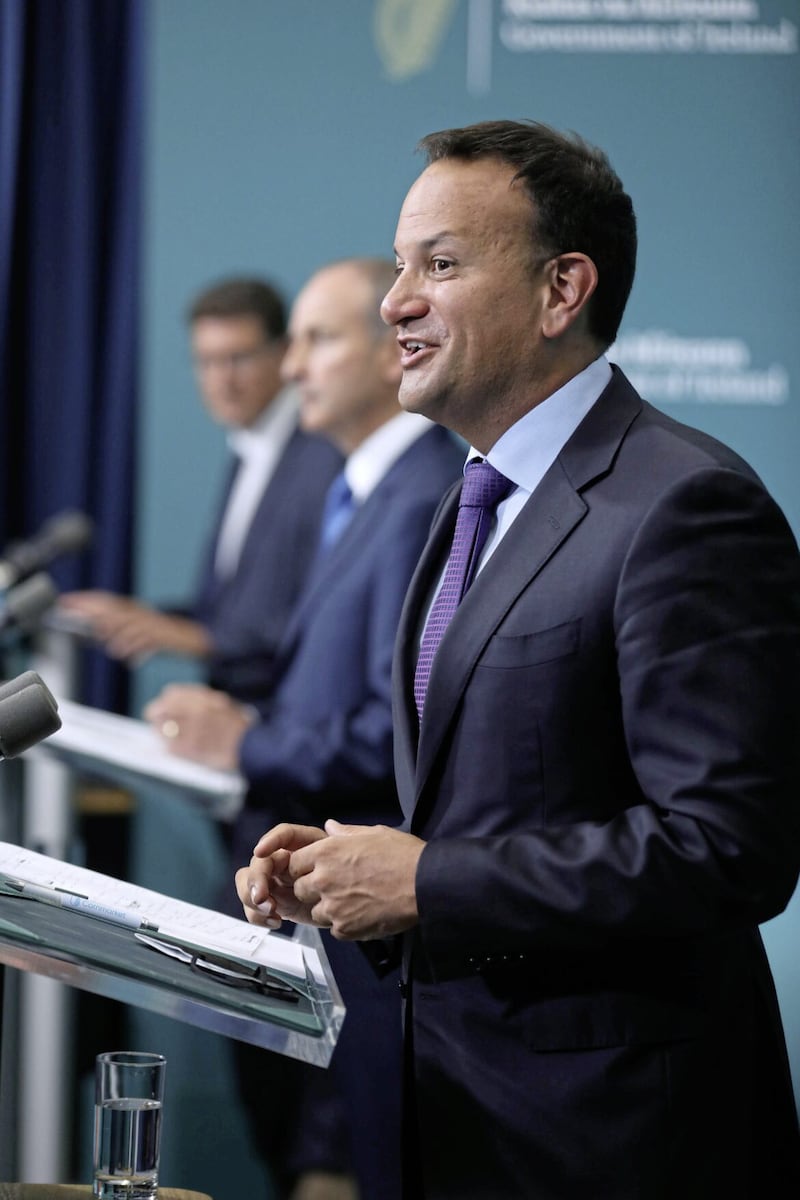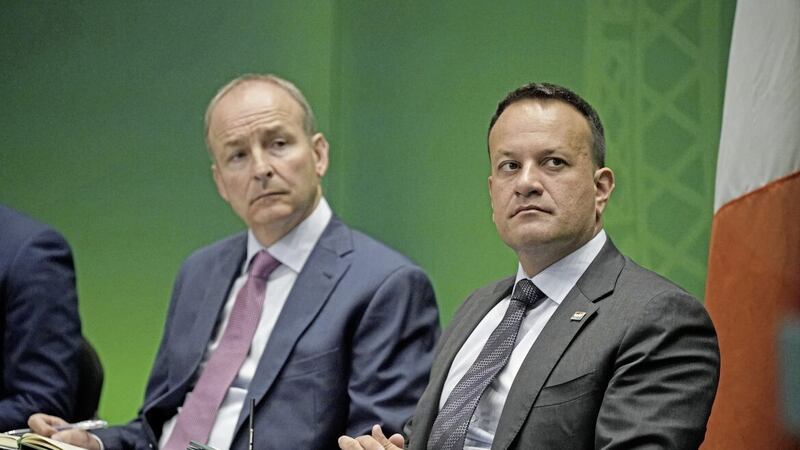THE second, extensive, detailed ARINS (Analysing and Researching Ireland North & South) poll findings are in the course of being published in The Irish Times.
The poll is a joint effort between the Royal Irish Academy and Keough-Naughton Centre for Irish Studies at Notre Dame and jointly funded by The Irish Times. It’s an extremely valuable project because, unlike most polls, it’s not just a snapshot in time but will enable changes in attitudes through time to be measured.
Hardline unionism in decline
One of the most striking changes has been the decline in hardline unionist opposition to the prospect of Irish reunification.
In 2022, 32% of northern Protestants said they would find a referendum that led to reunification “almost impossible to accept”. This year the figure sank to 23%.
That doesn’t mean they’d welcome reunification with open arms but the percentage who say they wouldn’t be happy “but could live with it” increased from 41% in 2022 to 51% this year.
Read more:
- Almost a quarter of Protestants would back Irish unity if it meant they were better off - survey
- United Ireland: How a border poll will be called - an explainer
- Will Britain move the goalposts for border poll on Irish unity?
As the academics conducting the poll conclude, that suggests that, were reunification to be the outcome of a referendum, unionists on the losing side would accept the democratic result.
There can only be speculation about the reasons for the weakening in outright opposition, but the pollsters suggest the growing widespread discussion of a reunification poll, the implications of reunification, and the legal and administrative special status of the north with the protocol and Windsor Framework modifications may have led unionists to accept reunification is the direction of travel. Time will tell.
Of course, the headline figure which attracts most attention is the percentage in the north in favour of reunification: 30%, up from 27% last year.

Both DUP and UUP spokesmen breathed a sigh of relief: good news. Not so fast, lads. That’s 30% before the whistle’s blown for the start of the contest.
How will a united Ireland look?
Remember, no referendum has been called or will be soon. No one knows what a united Ireland will look like: unitary state, federal state, with or without a Stormont assembly? What about pensions, health care, education, currency (the euro), policing, to name but a few items?
That’s 30% before an offer is made or assurances given. That’s 30% before the demographic tsunami sweeps in at the end of the decade.
Read more:
- Brian Feeney: The Irish government and Fianna Fáil have no policy at all on the north
- Fine Gael playing the long game on Irish unity – Patricia Mac Bride
- Unionists need to wake up to prospect of Sinn Féin-led government in Dublin - Brian Feeney
The overwhelming majority of kids now in school and university will vote for reunification not just for sentimental or identity reasons, but also to get back into the EU and break free from a Britain in turmoil and decline.
However, there’s another aspect to all these questions often overlooked: the culpable silence of the Irish government.
The ARINS poll shows 64% of southern voters would vote for reunification and again, that’s before the contest’s started. All similar polls have found much the same result.

Now, just to remind you, Article 3 of Bunreacht na hÉireann states: “It is the firm will of the Irish Nation, in harmony and friendship, to unite all the people who share the territory of the island of Ireland…” So, you have a substantial majority of people in the Republic in favour of reunification and it is what used to be called ‘a constitutional imperative’, but the Irish government is silent on the matter.
Furthermore, no party in the south has a policy on the matter except Sinn Féin. Fianna Fáil under Micheál Martin has turned apostate, with Martin no longer uttering the words ‘united Ireland’. The farthest he would go recently on BBC was to talk about future new constitutional arrangements.
Fine Gael under Varadkar has slipped into the gap Martin has left and resurrected the party’s full title, Fine Gael, the United Ireland party. He now engages in old-style FF verbal republicanism, “a united Ireland in my lifetime”, but that’s as far as he goes. No plan to achieve the objective.

There’s nothing new in this manoeuvring. Successive Irish governments for the last century have never given a moment’s thought to a policy of achieving Irish reunification.
The present government, despite being faced with rapid demographic change in the north and growing prosperity in the south, must be the only state in the world which is doing absolutely nothing to support the wishes of the majority of its citizens, as evidenced in repeated polls, has no policy to advance those wishes, and does nothing to advance the objective of the state’s constitution – “the firm will of the Irish nation”.
During the torturous Brexit negotiations some senior EU officials privately expressed astonishment that the Irish government never took advantage of the opportunity to advance the prospect of Irish reunification as the obvious solution to the conundrum of the British border in Ireland even when faced with the threat of ruinous economic disruption.
In the case of Monty Python the watch word was: “Don't mention the war.” With the Irish government it’s: “Don’t mention a border poll.”








